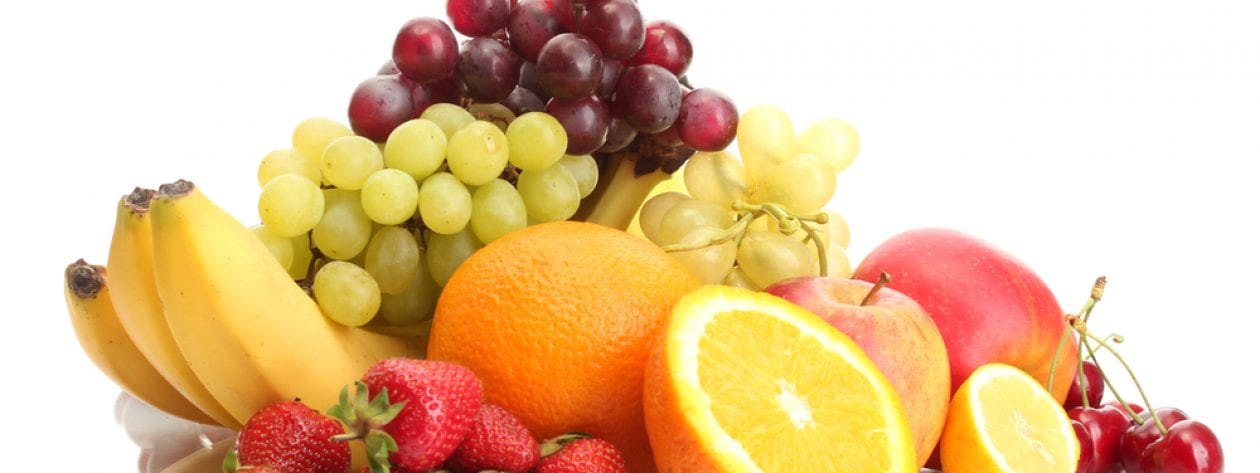It’s 10:00am on a Tuesday morning, and your stomach is growling. You’re hard at working taking your first final of the day and only have a fifteen minute break before your next exam. Is that enough time to make it to the nearest café or convenience store for a quick bite to eat? Probably not, so you push through until 2:00 pm when you finally make it to the closest dining commons, only to find out that they’re closed. At this point, you’re starving and your brain feels foggy. Sometimes, a little snack is all we need to make our day a little easier, and our brains and stomachs a lot happier!
What if I told you that snacking can help control weight and even improve your overall health? It’s true! You can snack, and it is good for you! Take note of the following challenges to snacking wisely, and arm yourself with a few tips and tricks to keep those hunger pangs at bay.
Challenge Number One: Be careful what you envision with the word “snack.” If you see a baggy full of double-stuffed cookies, cheesy flavored chips, or a bowl of double-fudge chocolate brownie ice cream…you may need to alter your choices. Most Americans don’t actually have an issue with the idea of snacking between meals, but what we choose to snack on is important. If you snack mindfully, you can gain vitamins, minerals and more of the recommended food groups that you may have risked leaving out in your regular meals!
Challenge Number Two: Snacking more, eating less. You may be wondering if snacking will cause you to gain weight. If you continue to eat over-sized portions at breakfast, lunch and dinner with numerous snacks in between, you just might gain weight. For most people, this is not their goal. Be aware of your calorie needs. A free online tool called Supertracker is an excellent online energy tracker that you can access to determine your individual calorie needs, and to track your daily intake. If you’re already meeting your daily calorie requirements, you don’t need to be snacking! Research shows that eating smaller, more frequent meals can help increase your metabolism, reduce hunger and help your body control blood sugar levels which ultimately leads to reduced body weight. Snacking is a part of this equation.
Challenge Number Three: Planning and preparing your snacks. Be mindful that snacks do not pack themselves. Start by pointing out times in your schedule where you’ll go hours without access to food. These are appropriate snack times! Next, be prepared by packing your snacks the night before to help during the morning rush.
Consider the following easy snacks: (some from Women’s Health):
- Low-fat yogurt topped with fruit or granola
- Edamame (try these green, snack-able soybeans boiled or steamed, so yummy!)
- Air-popped popcorn (instead of salt, try adding flavor using spices such as powdered cumin, parmesan cheese, or sesame seeds/sesame oil)
- Baby Carrots with Hummus
- Peanuts/Almonds and Dried Cranberries
- Strawberries/Raspberries with Plain Yogurt mixed with Honey
- Egg Whites with Whole Wheat Toast
- A Granola Bar, pair this with fruit of your choice!
Instead of feeling guilty about your snacks, make them count. Most importantly, don’t let a snack attack happen to you!
Photos adapted from: Melissa
Research adapted from: http://www.todaysdietitian.com/newarchives/100713p44.shtml





